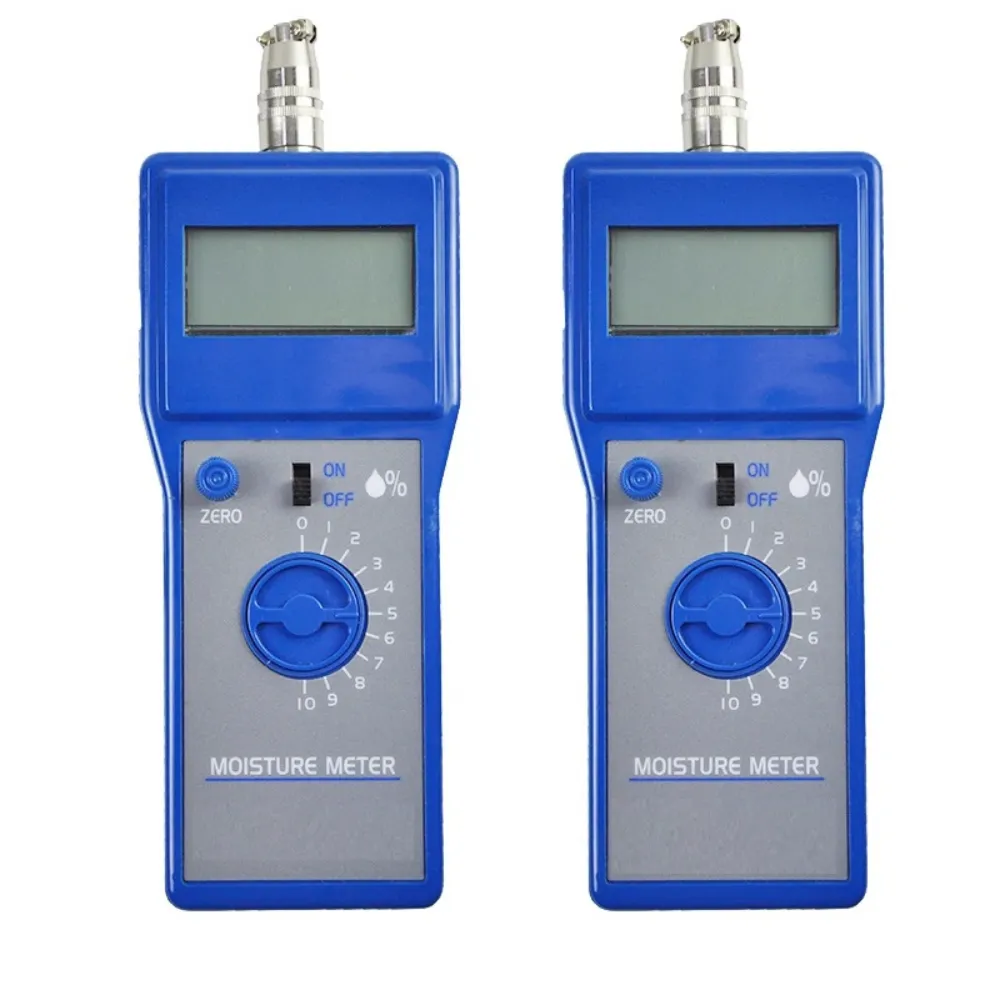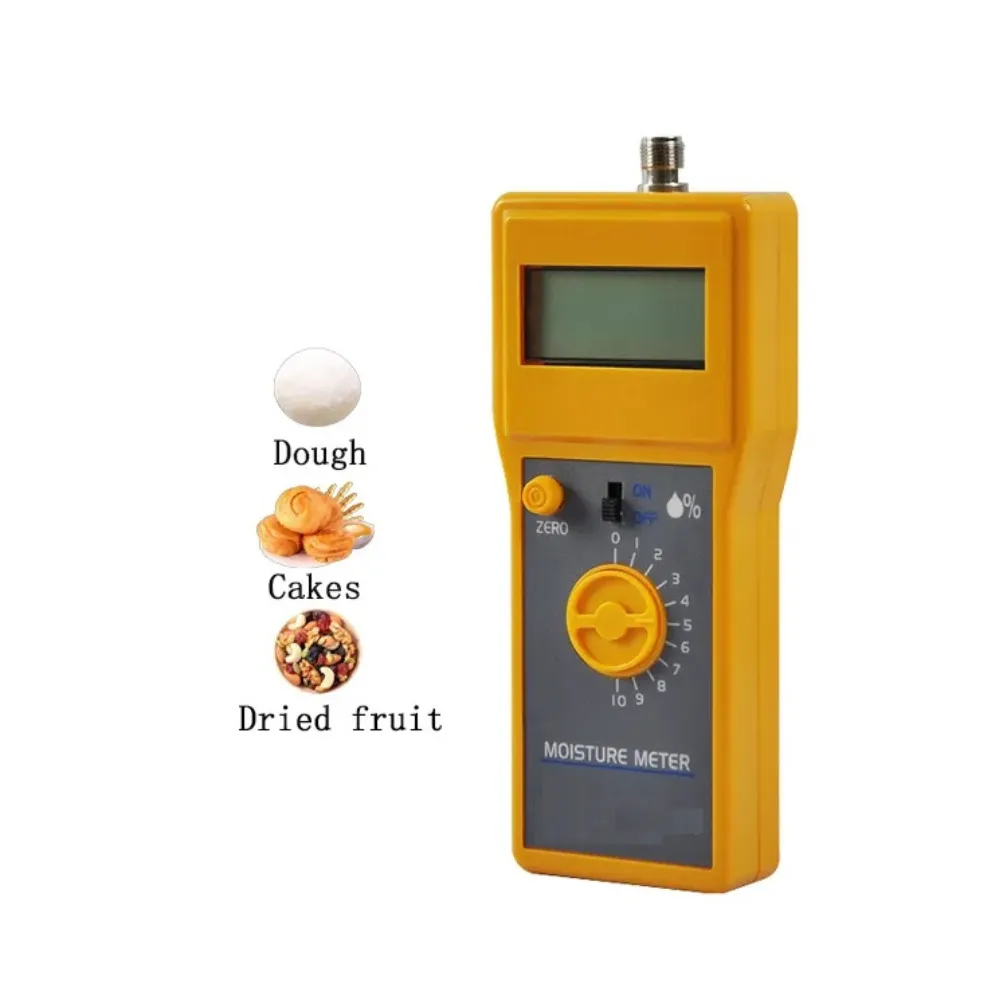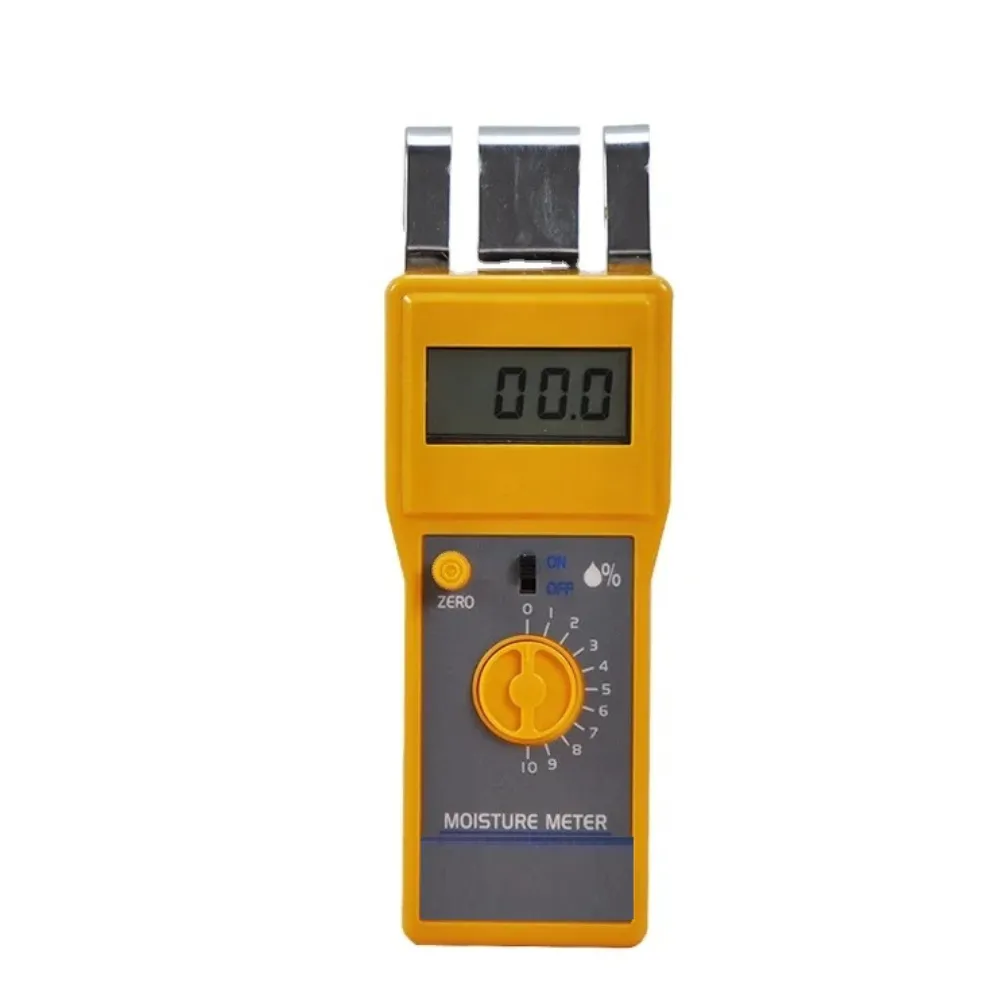
What is Coffee Moisture Meters?
Table of Contents
Coffee moisture meters are specialized devices used to accurately measure the moisture content in coffee beans at various stages of production, from harvest to roasting. As coffee is a highly sensitive commodity, maintaining optimal moisture levels is crucial for ensuring the quality, longevity, and flavor profile of the beans. These meters are indispensable tools for coffee farmers, traders, and roasters, aiding in quality control and preventing issues such as mold growth and flavor deterioration. The significance of coffee moisture meters is underscored by their ability to enhance the overall consistency and quality of coffee, which is essential in a competitive global market.
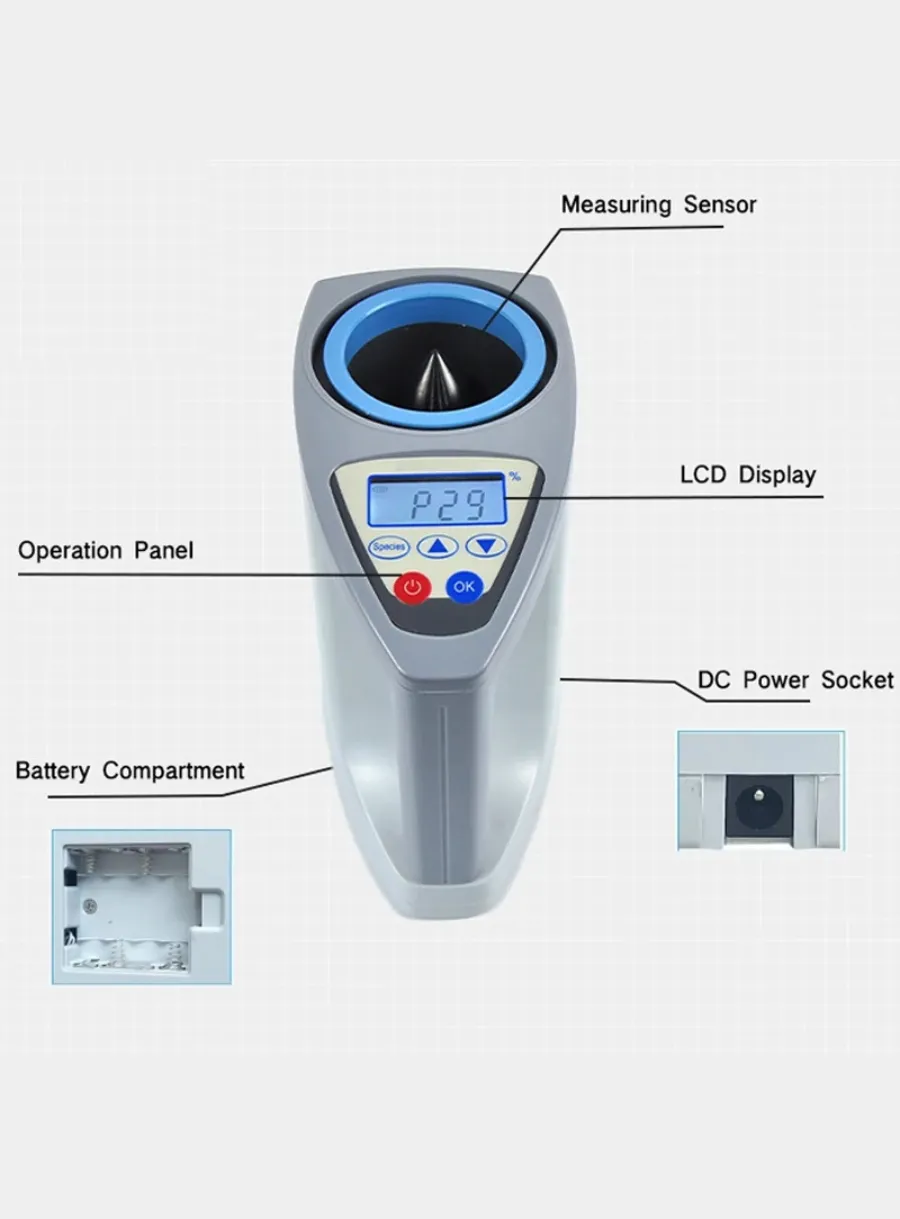
Historically, the measurement of coffee moisture content has evolved significantly. The practice dates back to the early days of coffee cultivation and trade when ensuring the quality and longevity of coffee was already a priority. With advancements in scientific techniques during the industrial revolution, methods such as electrical, microwave, nuclear, and near-infrared (NIR) absorbance were developed to provide more precise moisture measurements. Modern coffee moisture meters, including portable and desktop models, now offer high accuracy and versatility, featuring capabilities like real-time data transfer, automatic temperature compensation, and multilingual interfaces, making them essential for both small-scale farmers and large commercial operations.
Promoting Sustainability in Coffee Production
The importance of coffee moisture meters extends beyond quality control; they also play a significant role in promoting sustainable and environmentally friendly coffee production practices. Effective moisture management helps in optimizing water use, reducing the need for chemical fertilizers, and minimizing waste, thereby supporting sustainable farming methods. These practices contribute to improved soil fertility, better water management, and the reduction of environmental degradation, aligning with broader goals of environmental conservation and climate-smart agriculture.
Challenges and Future Prospects
Despite their benefits, the market for coffee moisture meters faces challenges such as high production costs and regulatory hurdles. Additionally, the accuracy and precision of these devices can vary, impacting their effectiveness. Nevertheless, ongoing technological innovations and increasing awareness of sustainability practices are driving the adoption of coffee moisture meters across major coffee-producing regions. As the coffee industry continues to grow and evolve, the role of these devices in ensuring high-quality and sustainable coffee production is likely to become even more critical.
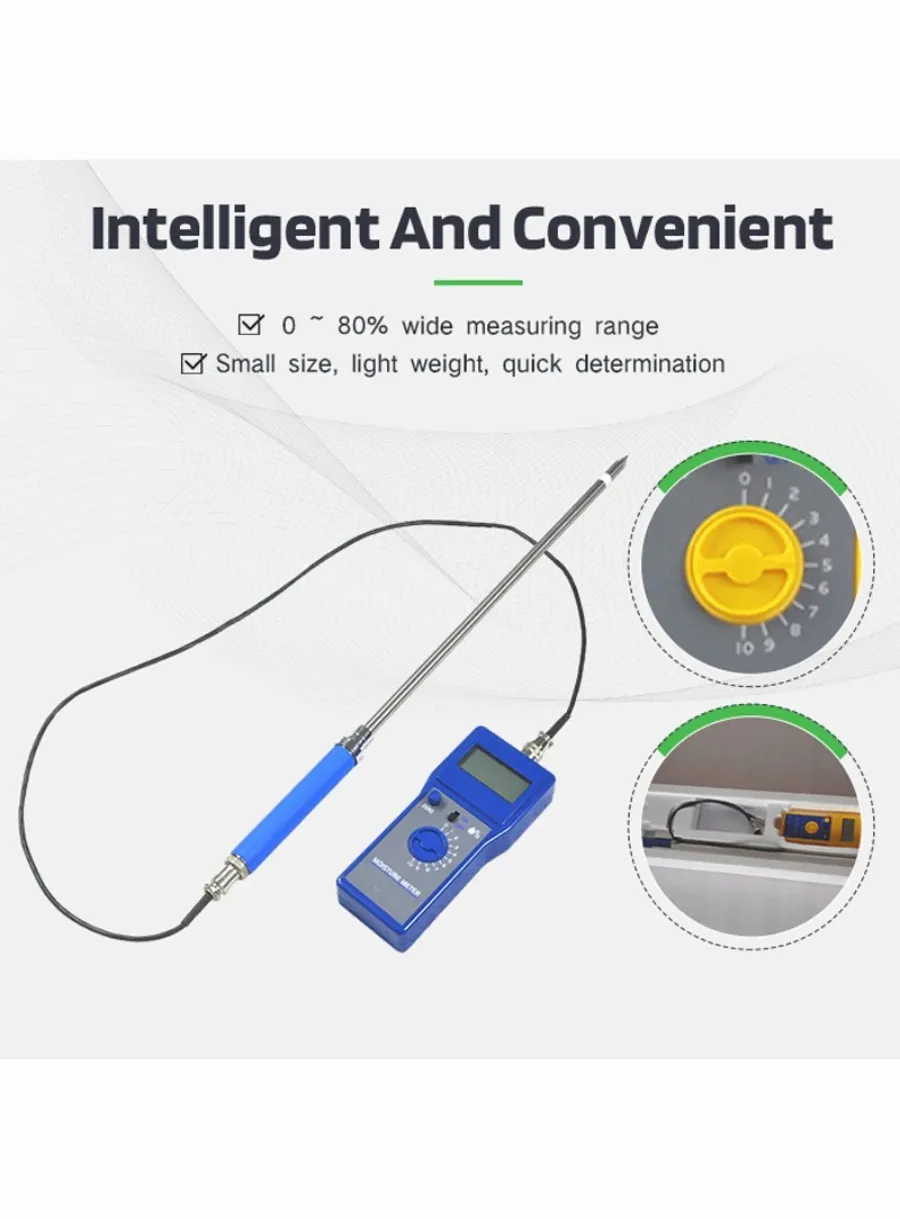
Comments
Tags
Frequently Asked Question
Lorem fistrum por la gloria de mi madre esse jarl aliqua llevame al sircoo. De la pradera ullamco qué dise usteer está la cosa muy malar.
Coffee moisture meters are crucial for maintaining optimal moisture levels, ensuring quality, preventing mold growth, and preserving the flavor profile of coffee beans throughout the production process.
Coffee moisture meters have evolved from basic methods to sophisticated devices using electrical, microwave, nuclear, and near-infrared technologies, offering improved accuracy and additional features like real-time data transfer.
These devices help optimize water use, reduce chemical fertilizer needs, and minimize waste, supporting sustainable farming practices and environmental conservation efforts in coffee production.
The market faces challenges such as high production costs, regulatory hurdles, and variations in device accuracy and precision, which can impact their effectiveness and widespread adoption.

